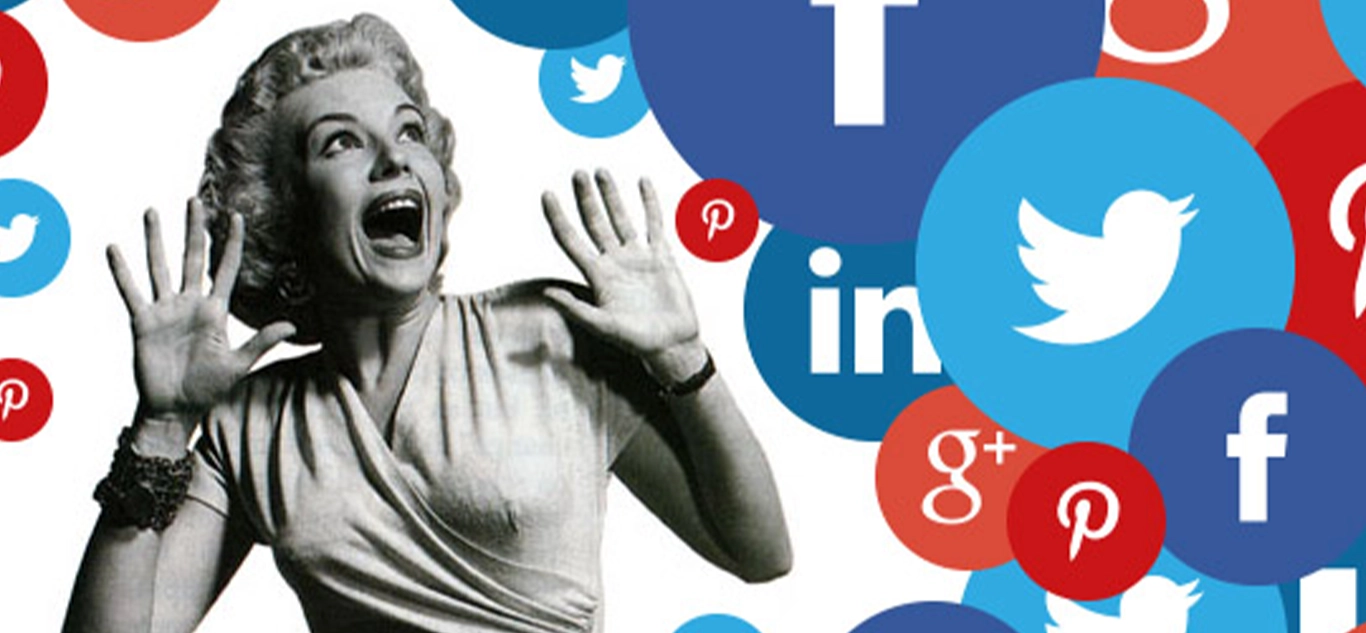
Social media and its all-pervasive impact on our lives
28 Oct 2016
Meeting people out for lunch can be such a farce these days, be it with your old friend or your colleague, since most are constantly preoccupied with their smart phones. Every attempt at a conversation is just met with a little “inattentive” look to make us feel we are still there for lunch!
If you interrupt their “social media time” they typically become defensive and retort, “You should check on the others who are addicted, I was just checking out my notifications”.
Suddenly our digital lives seems to be influencing and changing our real lives without even our knowledge. No matter how much we deny this fact, we are constantly hooked on to social media and this is a trend that is only bound to grow. While I don’t deny the value social media brings to each of our lives and in making it easy in sharing our thoughts, but the key is drawing the line. It’s scary that we don’t even think of any of this while we send out a tweet or a Facebook post, since our thoughts are automatically getting streamlined to the mental chains that we are creating around ourselves.
While anthropology researchers and academicians have been interested in studying the effects of social media and how it is taking on the world in the recent years.
Predictably, there are positive and negative sides to the effects social media has on us.
• According to bloggers who participated in a small survey agree to the fact that blogging does make them feel more important than their other offline friends.
• Twitter and Facebook are acting as unifiers in the community bringing people from varied interests to look and understand things in a convenient way
• Everyone who is connected on the social media is a “reporter” of events and have the power to voice their opinions
• Abuse of social media develops self-admiring tendencies in teens and anti-social behaviour among young adults. Studies have also found that daily use of Facebook can make people more prone to unhappiness, nervousness, and other emotional disorders.
• Research finds that the more friends one has on Facebook, the less socially adjusted he or she is. A study conducted on students entering college found that those with several hundred Facebook friends had less actual friends, and their social skills were poorer than those who had less Facebook friends.
• Facebook and other social media networks can have an adverse impact on learning. Studies conducted on students from school through to college showed that frequent use of social media services resulted in lower grades.
Like it’s said, there are always two sides to the same coin and the only way to get through this is through moderation. It’s a boon for us that we live in the digital age but we must also not forget that they are just a part of our lives and not “our whole” lives. But the biggest gainer of this whole revolution is marketers, who are harnessing user data patterns and driving sales in a very meticulous way. Maybe this is not too much of a worry now, but soon it will be.
Star Squared PR strongly believes in the power of digital and social media. While Social media can have negatives one must look at harnessing the positives while keeping the negatives in check, particularly among the younger generations.
Success in social media and digital campaigns comes from staying in touch with the trends and in constantly evolving.
Compiled by the content team of Star Squared PR
